Public figures, in many instances, possess the considerable ability to shape and sway public sentiment, and this extends to former U.S. President Donald Trump, without a doubt. His comments, whether expressed through social media or in interviews, can exert substantial influence on consumer sentiment and, in turn, potentially impact sales. While it’s important to note that not every criticism he has voiced has resulted in boycotts or significant stock price fluctuations, it’s undeniable that these remarks consistently garner substantial media attention. In the following article, we delve into 18 instances where various brands have come under the critical gaze of Donald Trump.
Apple
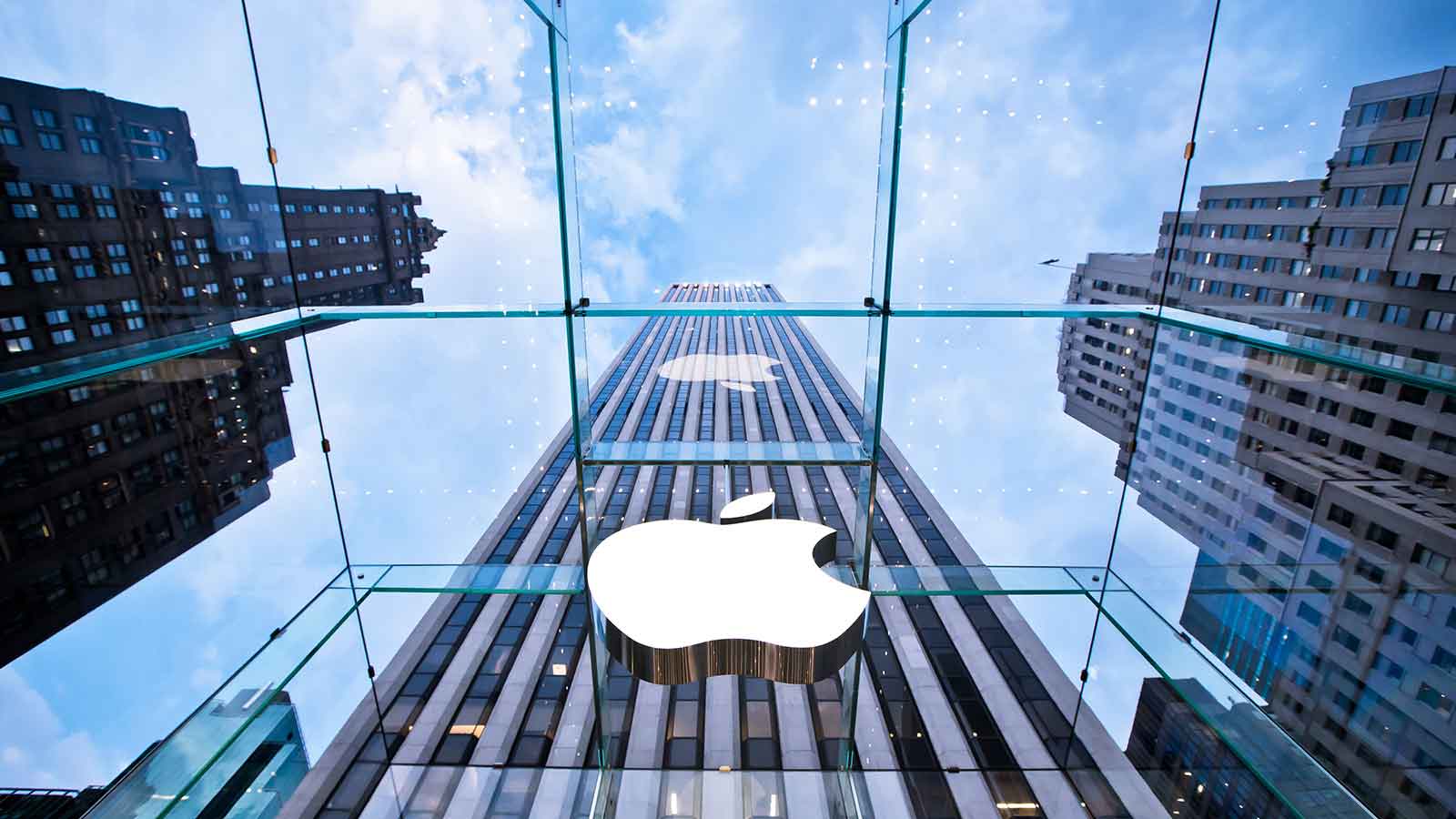
Editorial credit: Andrey Bayda / Shutterstock.com.
The tech giant Apple drew Donald Trump’s attention due to its steadfast refusal to unlock the iPhone of a terrorist connected to a shooting incident. Trump openly criticized Apple for this stance, emphasizing national security concerns, and even urged people to boycott the brand. Nonetheless, the ensuing controversy didn’t leave a lasting dent in Apple’s market value.
Amazon

Image Credit: Shutterstock.
The e-commerce giant Amazon has frequently found itself in the crosshairs of Donald Trump’s criticism, primarily attributed to its founder, Jeff Bezos, who also owns The Washington Post. This publication often takes a critical stance toward Trump. The former President has questioned Amazon’s tax strategies and ties with the U.S. Postal Service. Despite these widely reported comments, Amazon continues its formidable presence as a dominant force in online retail.
Starbucks
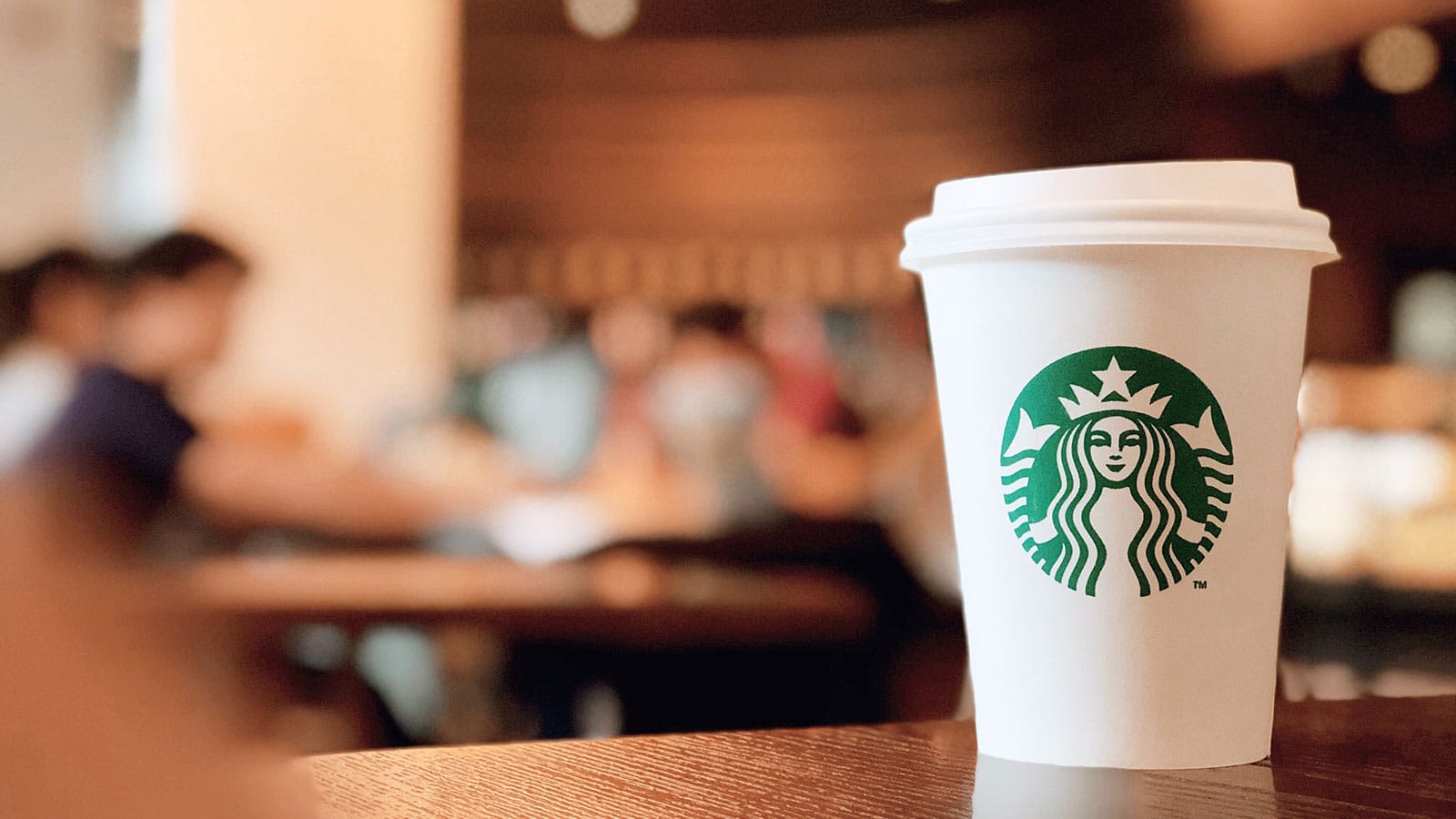
Editorial credit: ARTISTBELLA / Shutterstock.com.
The well-known coffee chain Starbucks was under Donald Trump’s scrutiny in 2015 when Trump recommended a potential boycott. His grievance stemmed from Starbucks’ holiday cups, which he perceived as symbolic of the “War on Christmas” due to the absence of overtly Christmas-related symbols. Although Trump’s comments sparked some discussions on social media, Starbucks’ sales and overall brand image endured with relatively little impact.
Nordstrom

Image Credit: Shutterstock.
Nordstrom, the retailer, drew Donald Trump’s notice when it discontinued carrying Ivanka Trump’s fashion line, citing underwhelming sales figures. Trump utilized Twitter to champion his daughter’s brand and criticize the company, even advocating for a Nordstrom boycott. Though the tweet briefly affected Nordstrom’s stock value, the company swiftly rebounded, and no enduring adverse effects on sales were observed.
NFL

Image Credit: Shutterstock.
The National Football League (NFL) encountered criticism from Donald Trump due to its allowance of players kneeling during the national anthem as a form of protest against racial inequality. Trump actively called for an NFL boycott and urged team owners to dismiss protesting players. Although his statements ignited a divisive national discourse, they did not result in a significant decline in the league’s viewership or sponsorship agreements.
Macy’s

Image Credit: Shutterstock.
Macy’s, the well-known American department store, became the focus of Donald Trump’s attention when it chose to cease carrying his clothing line, citing his contentious remarks about Mexican immigrants. Trump responded by urging a boycott of the store, contending that his line was unjustly discontinued. Like numerous other brands in Trump’s crosshairs, Macy’s proceeded with its operations without experiencing any noteworthy long-term impact on its sales.
TikTok
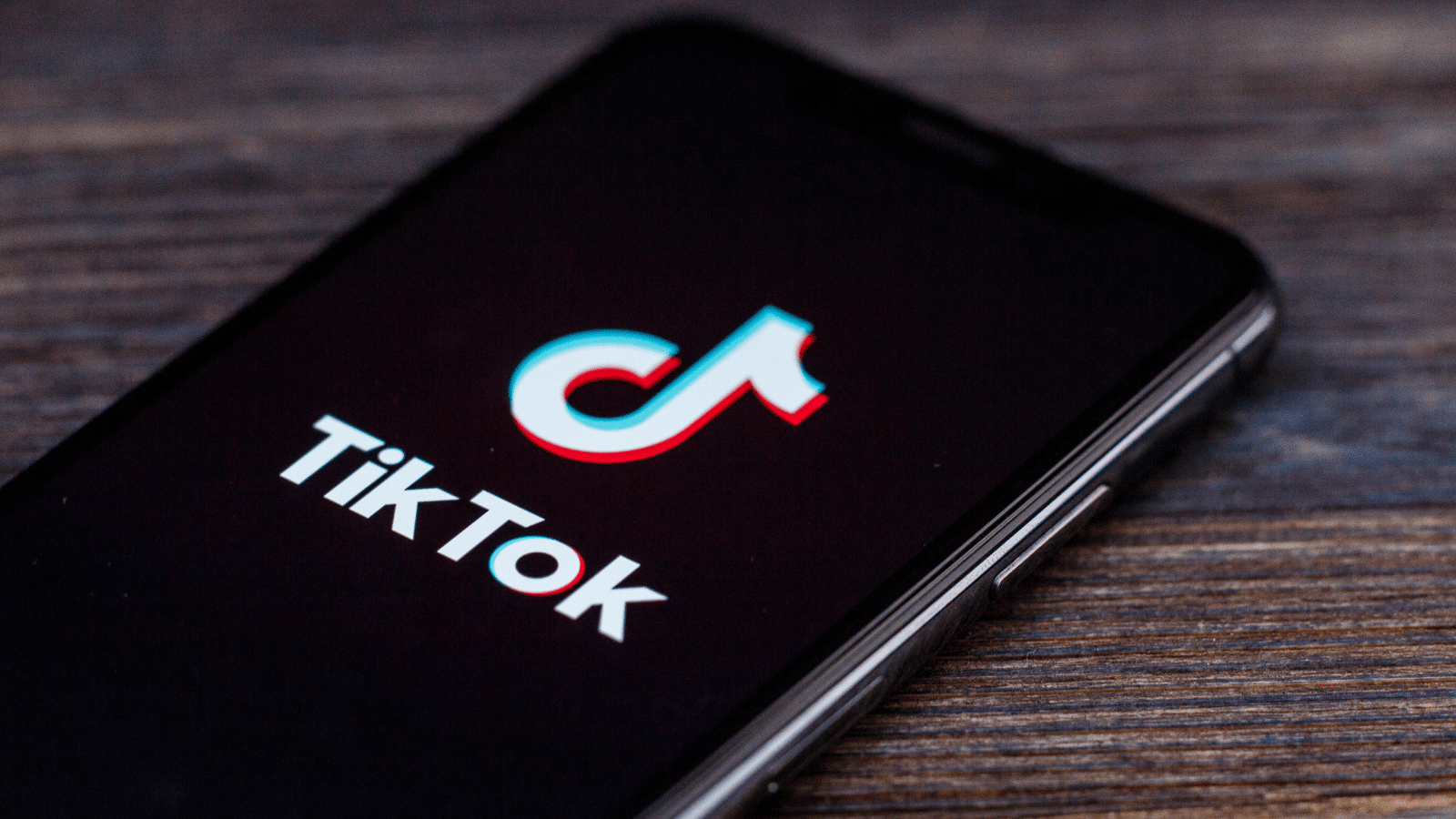
Image Credit: XanderSt / Shutterstock.
The Chinese-owned social media platform TikTok faced the looming threat of a ban from Donald Trump due to national security apprehensions. He instructed American companies to discontinue dealings with ByteDance, TikTok’s parent company. Nevertheless, TikTok sustained widespread adoption among American users, and the envisioned ban did not come to fruition. The platform continues to thrive in popularity, especially among the younger demographic.
General Motors

Image Credit: Shutterstock.
General Motors (GM), the automobile manufacturer, drew Donald Trump’s disfavor when it revealed intentions to shutter plants in the United States and transfer some production abroad. Trump openly conveyed his disappointment and went as far as to threaten the termination of all government subsidies to GM. While the automaker didn’t backtrack on its decision, the incident did stimulate discussions concerning American manufacturing and employment opportunities.
Goodyear
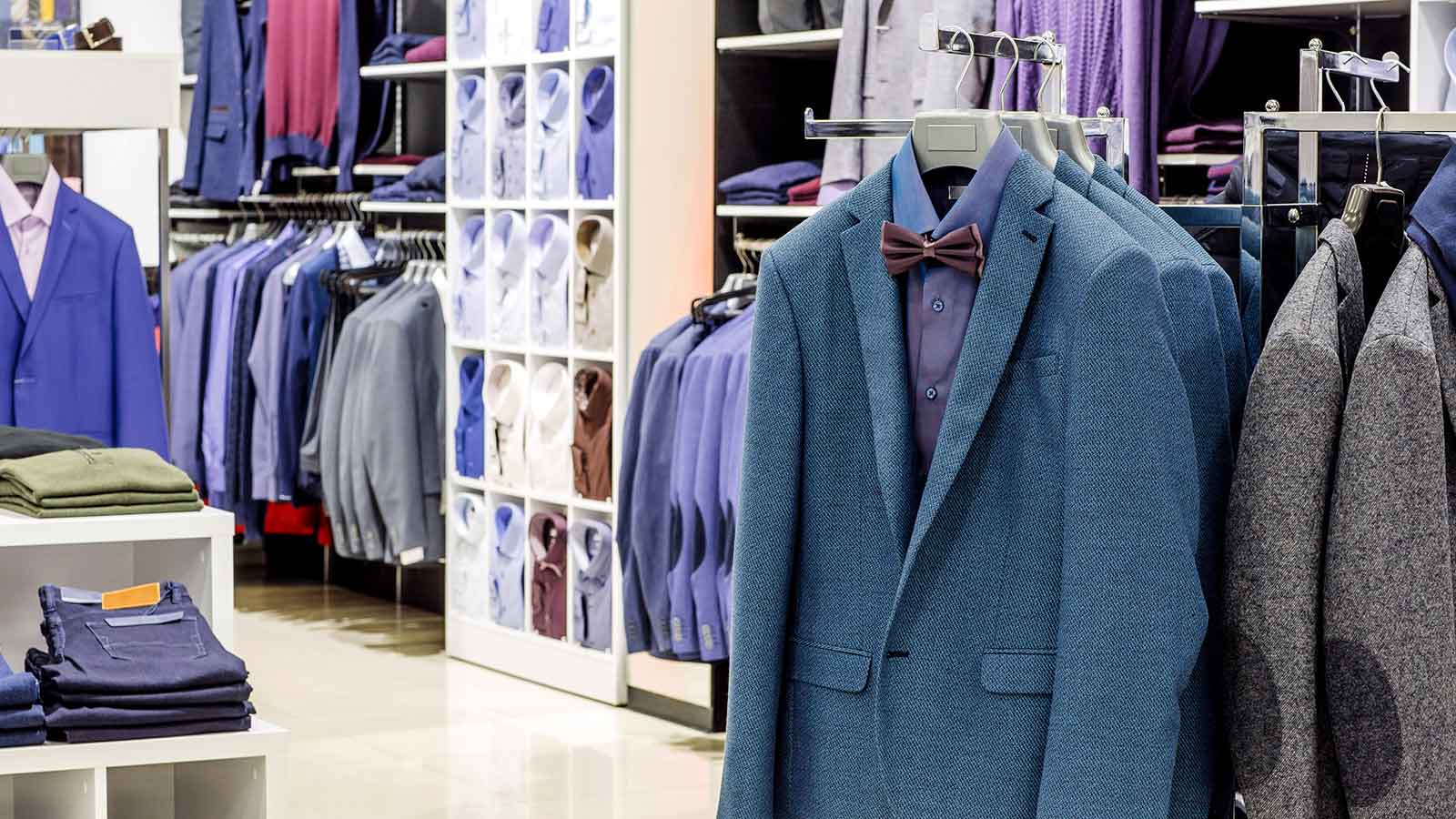
Image Credit: Shutterstock
Goodyear found itself in the spotlight of Donald Trump’s attention when an internal diversity training slide discouraging political attire, including “MAGA” attire, was leaked by an employee. In a swift response, Trump called for a boycott of Goodyear tires. However, the impact of this call on the company’s sales or public perception remains unclear and debatable.
Coca-Cola
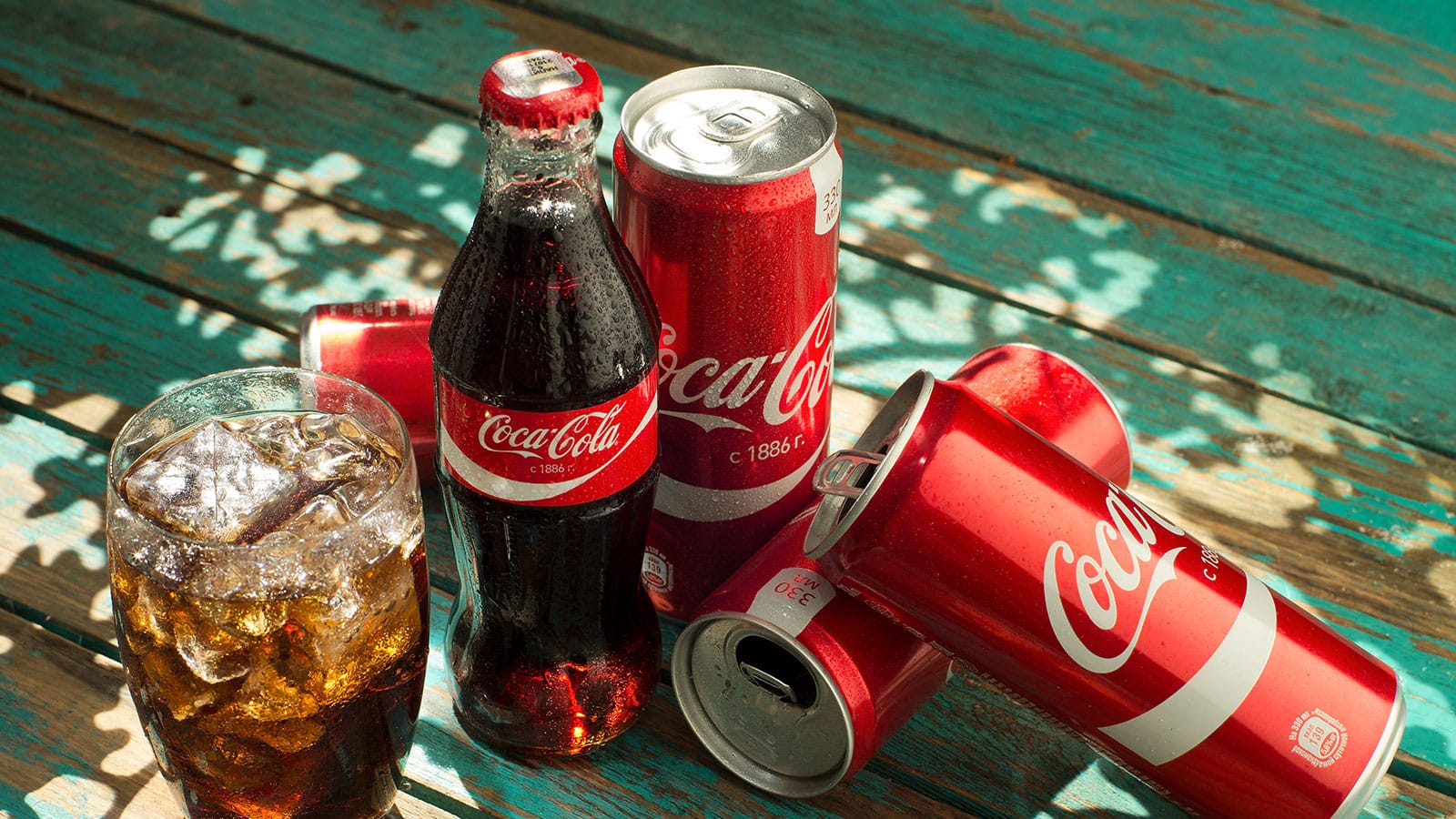
Image Credit; Shutterstock.
Coca-Cola encountered significant criticism from Donald Trump due to their vocal stance on voting rights issues in Georgia. The colossal beverage corporation took a public stand against Georgia’s newly implemented voting regulations, prompting Trump to advocate for a boycott of Coca-Cola products. The lasting repercussions of this boycott remain subject to debate. Still, it unquestionably thrust Coca-Cola into a political spotlight they might have, in all likelihood, preferred to steer clear of.
Nike
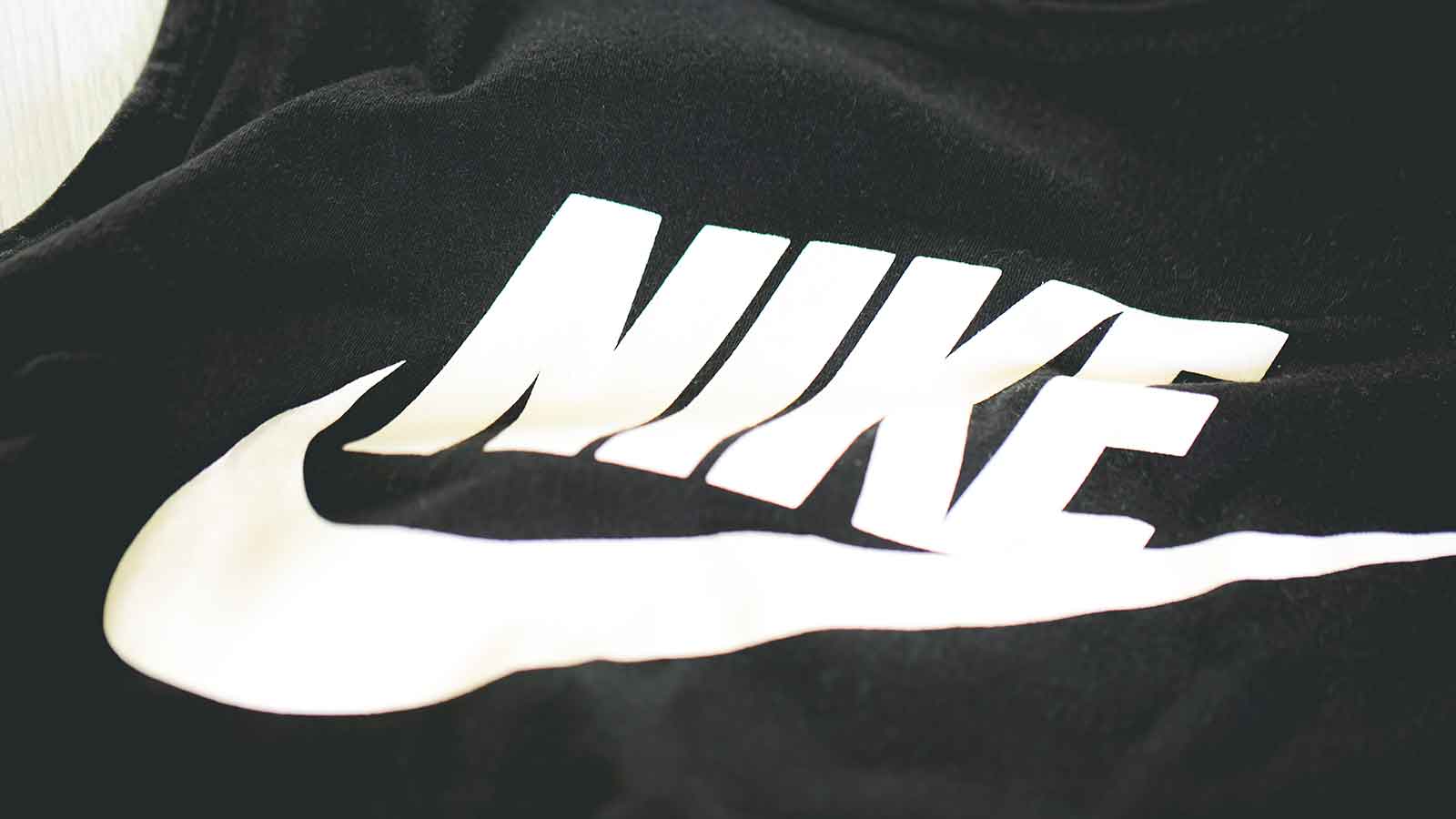
Editorial credit: rafastockbr / Shutterstock.com
Nike, the renowned sportswear brand, was in the crosshairs of Donald Trump’s disapproval when they prominently featured Colin Kaepernick in one of their advertising campaigns. As Trump consistently voiced his opposition to Kaepernick’s kneeling protests during the national anthem, he didn’t hesitate to publicly express his displeasure with Nike’s choice. The aftermath of Trump’s comments triggered extensive debates; however, Nike’s sales showed no signs of decline. Quite the contrary, they experienced a notable upswing in sales following the controversial campaign.
AT&T
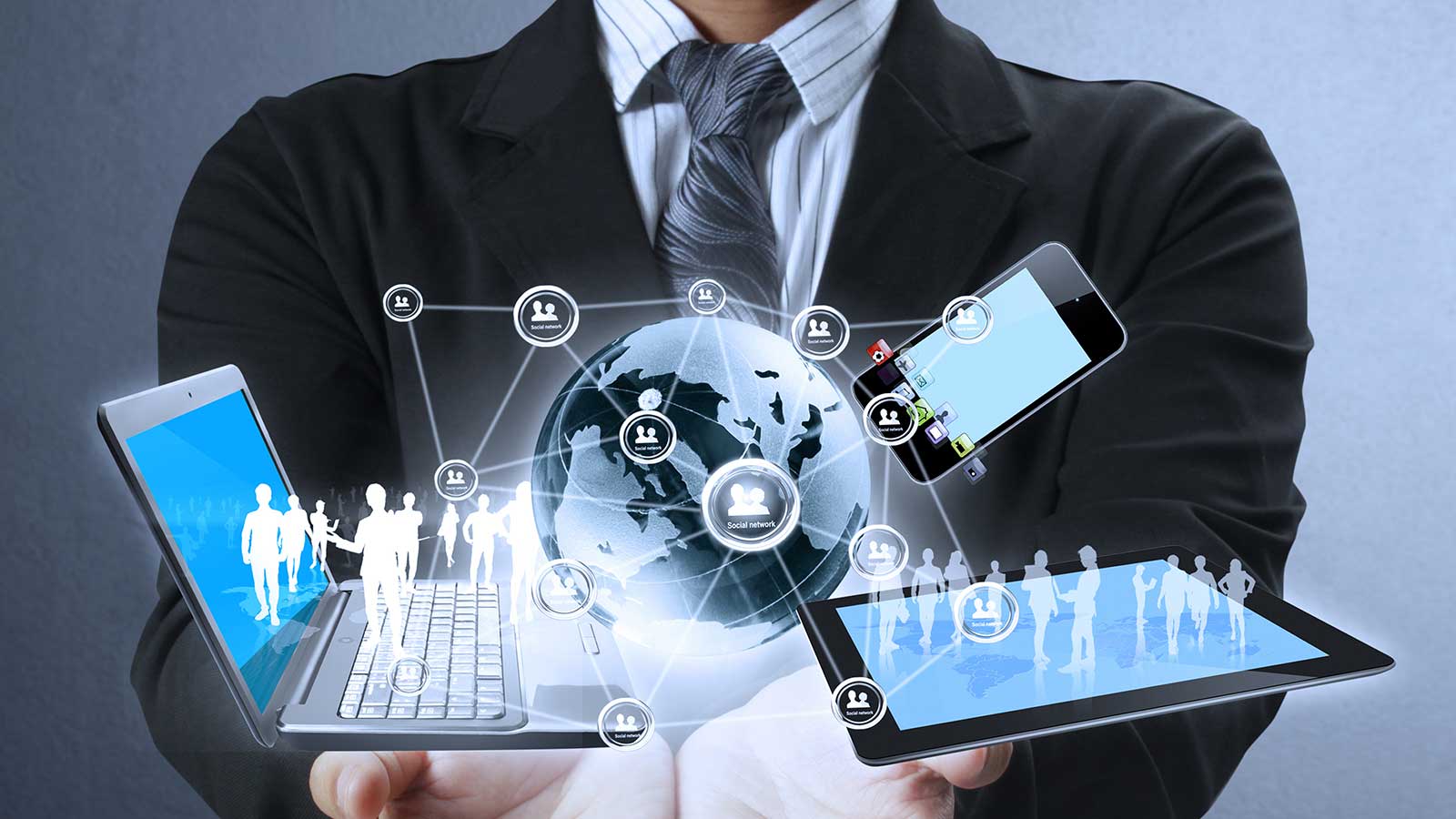
Image Credit: Shutterstock.
AT&T faced Donald Trump’s close examination regarding its intended acquisition of Time Warner, the parent company of CNN, a network he regularly denounced. Trump expressed his disapproval of the merger, contending it would consolidate excessive power within a small circle. Despite these outspoken objections, the union ultimately received approval, and AT&T continued to stand as a telecommunications juggernaut.
HBO
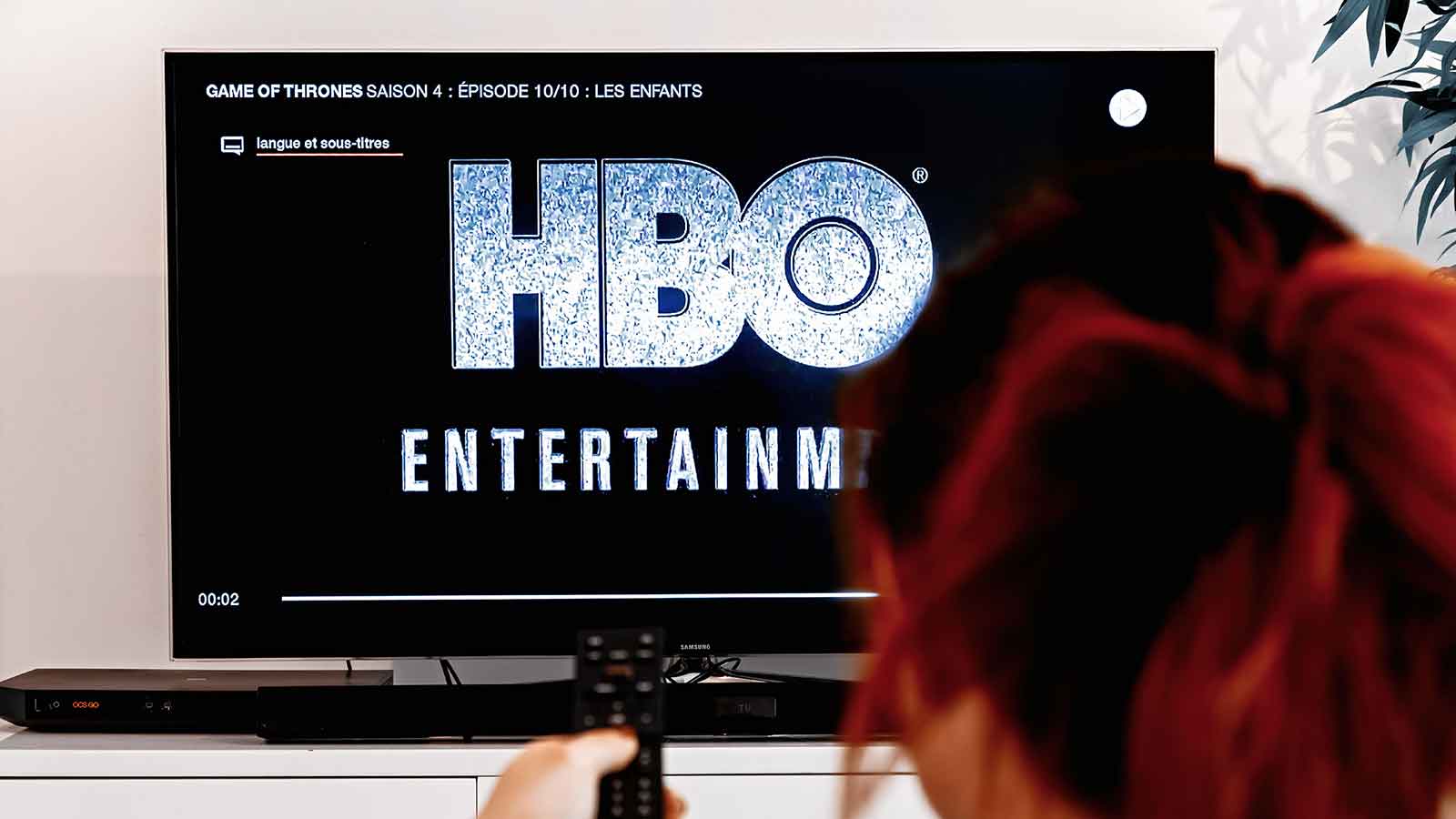
Editorial credit: pixinoo / Shutterstock.com
HBO became a target of Donald Trump’s disapproval when he expressed dissatisfaction with using “Game of Thrones” imagery in political memes. HBO released a statement stating their disapproval of using their intellectual property for political ends, but Trump persisted in using the theme. Most of the public regarded this disagreement as a minor clash, and HBO’s reputation emerged unscathed from the incident.

Image Credit: Shutterstock.
The colossal social media platform, Facebook, encountered Donald Trump’s censure after suspending his account following the events of the January 6, 2021, Capitol riot. Trump vehemently denounced this action as an encroachment on free speech and an expression of political partiality. Although the ban gave rise to extensive international discussions concerning online free speech and the influence of tech giants, Facebook’s user engagement and revenue have remained predominantly undisturbed.
CNN
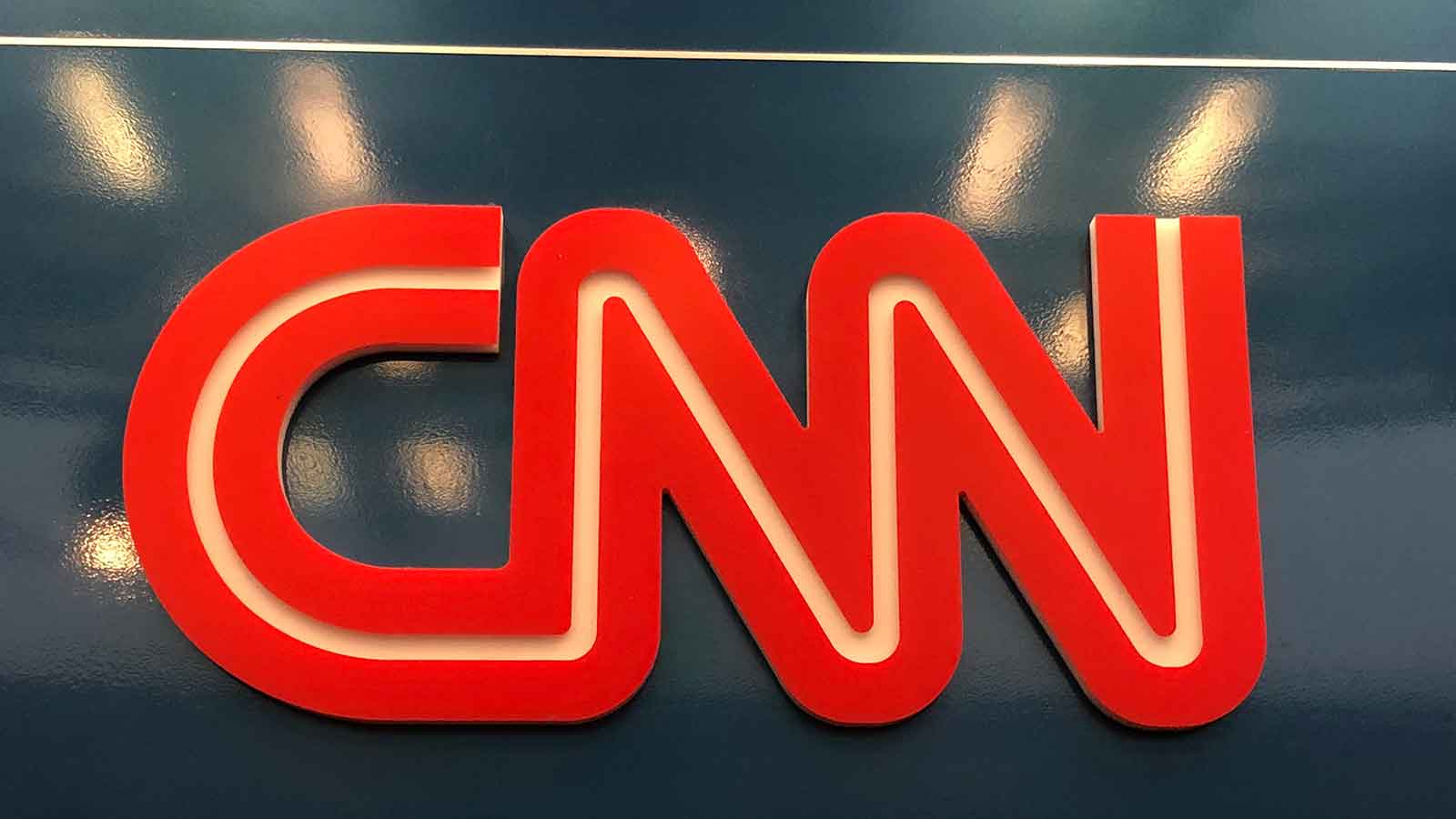
Editorial credit: LouiesWorld1 / Shutterstock.com
CNN, the media outlet, has endured consistent disapproval from Donald Trump, frequently characterizing him as “fake news.” His critique escalated notably during his presidency, raising concerns about the freedom of the press. While Trump’s statements have sparked division in public opinion regarding CNN, the network’s viewership and credibility within its core audience have, by and large, appeared to remain steady and unaltered.
Harley-Davidson
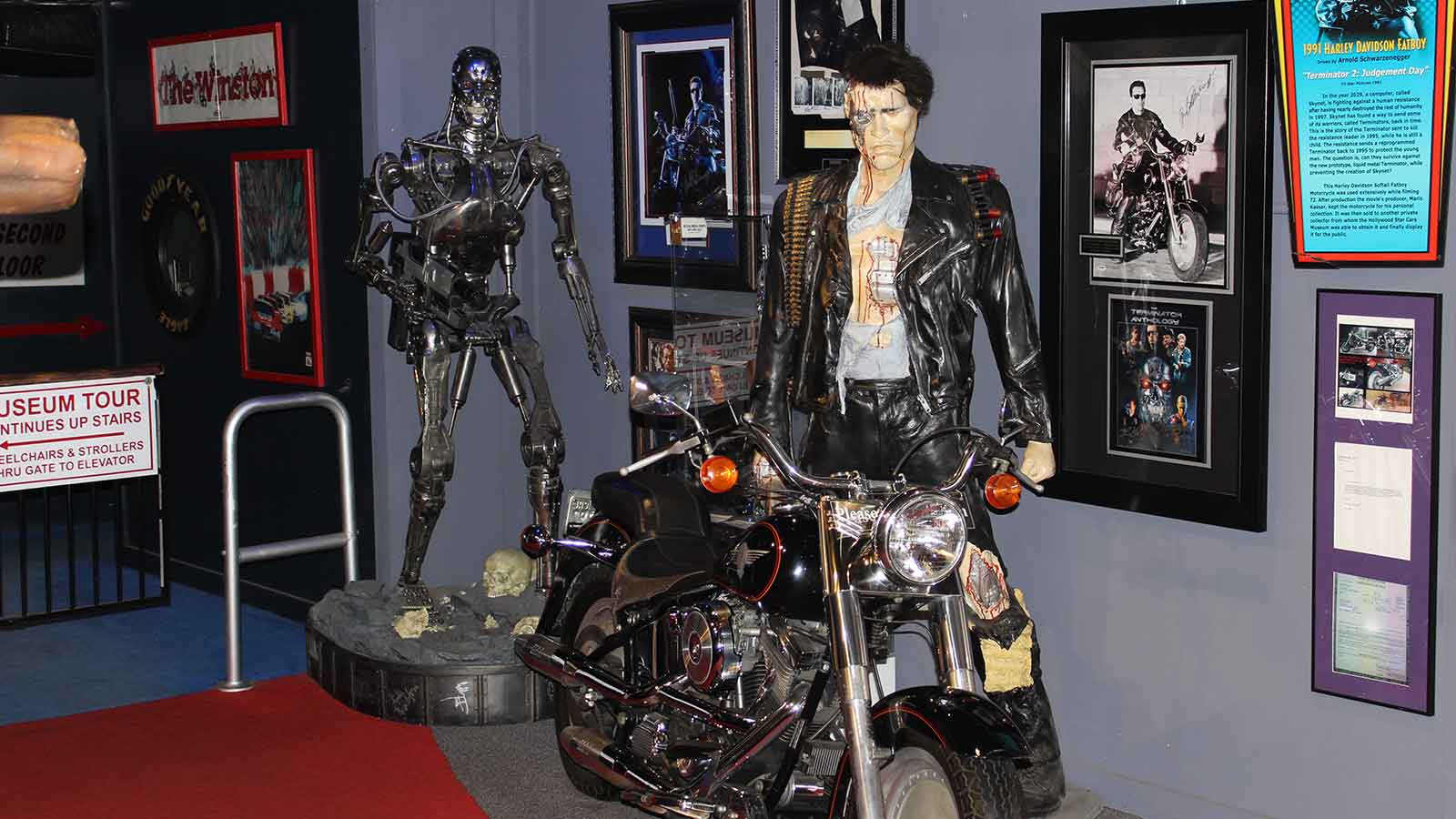
Editorial credit: Jon Kraft / Shutterstock.com.
Harley-Davidson, the motorcycle manufacturer, incurred Donald Trump’s disapproval when they unveiled intentions to move a portion of their production overseas, prompted by European tariffs. Trump took to social media to voice his disappointment and endorsed the idea of boycotting the iconic American brand. Nevertheless, despite the vocal criticism, Harley-Davidson’s business operations maintained a relatively stable course.
X
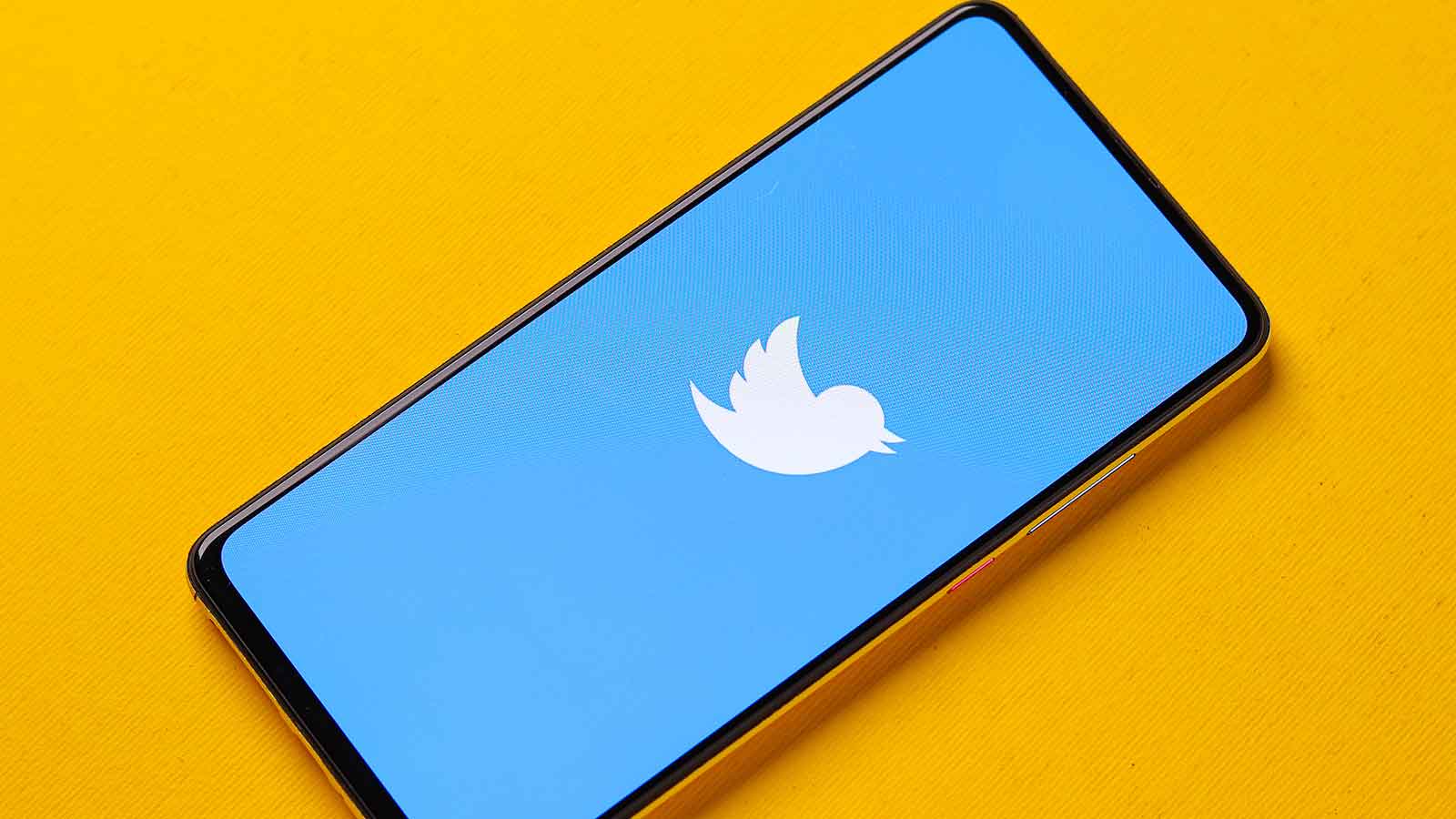
Editorial credit: sdx15 / Shutterstock.com
Arguably, one of the most prominent brands Donald Trump sought to “cancel” is Twitter (now X) itself. Following the platform’s decision to permanently suspend his account, citing concerns about the “risk of further incitement of violence,” Trump vigorously criticized the social media giant, claiming it stifled freedom of speech. This ban triggered substantial debates about the role of tech companies in shaping public discourse. Yet, it didn’t lead to any significant decline in X’s user base.
Oreo
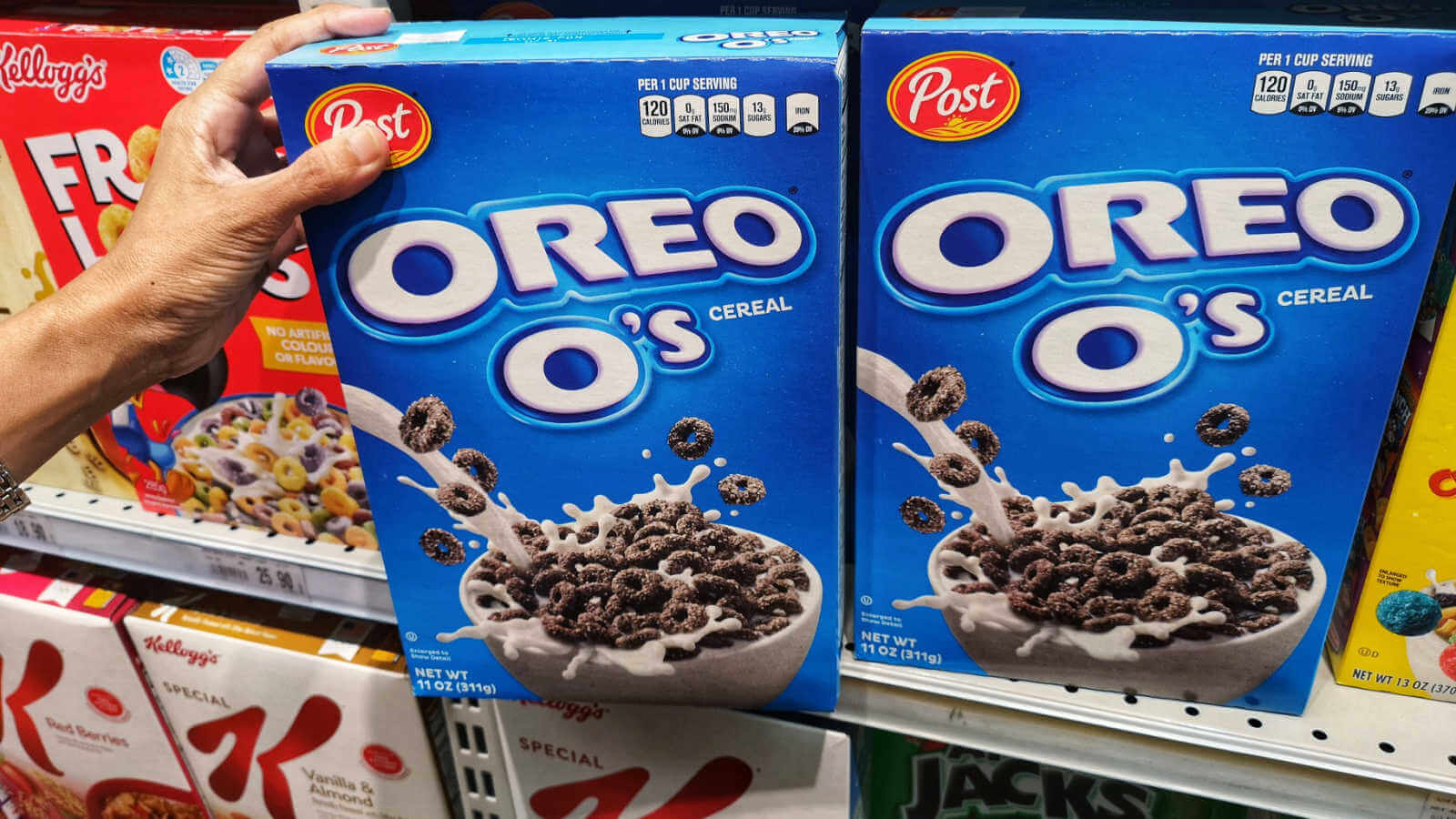
Image Credit: Shutterstock
Oreo’s parent company, Mondelez International, stirred controversy by relocating certain production facilities from Chicago to Mexico. In response, Donald Trump personally declared a boycott of Oreo cookies, aligning it with his broader critique of companies outsourcing American jobs. Although Trump’s announcement garnered substantial media attention, no significant evidence indicates that it adversely impacted Oreo’s sales.
“No Boomers Allowed”: 15 States Where Retirees Are NOT Welcome

Image Credit: Rapideye via Canva.com
If you’re planning a significant change during retirement, it’s crucial to think about the kind of home you desire and the aspects you should steer clear of. “If you’re thinking about making a big move in retirement, it’s important to consider what characteristics you want in your new home and which ones to avoid at all costs,” suggests experts. To assist you, we’ve compiled a catalog of the 15 least favorable states for retirement.
“No Boomers Allowed”: 15 States Where Retirees Are NOT Welcome
16 UNACCEPTABLE THINGS BOOMERS GOT AWAY WITH IN THEIR YOUTH THAT WOULD SPARK OUTRAGE TODAY

Image Credit: DepositPhotos.
Looking back on the childhood of the boomer generation, it becomes evident that certain things once considered appropriate would never pass today’s standards. The cultural landscape has evolved significantly, leading us to recognize 16 aspects of their upbringing that would be deemed wholly unacceptable today. From unsupervised outdoor adventures to unfiltered television content, the boomer generation got away with various experiences that would undoubtedly raise eyebrows in today’s world. Let’s delve into these intriguing elements of their upbringing and reflect on how far society has come.
16 UNACCEPTABLE THINGS BOOMERS GOT AWAY WITH IN THEIR YOUTH THAT WOULD SPARK OUTRAGE TODAY
STUCK IN THE 60S: 10 THINGS BABY BOOMERS REFUSE TO LET GO OF

Image Credit: RapidEye via Canva.com
Memories of the “good old days” keep us trapped in the past. Baby boomers love to retell tales of how it was “in my day.” At the same time, millennials will tell them to get with the times. Being stuck in a time warp from which they don’t want to snap out of, here are things that baby boomers still think are fantastic. STUCK IN THE 60S: 10 THINGS BABY BOOMERS REFUSE TO LET GO OF
IT’S TIME TO LET GO: 30 OUTDATED BOOMER HOME TRENDS THAT DESPERATELY NEED TO BE SHOWN THE EXIT!

Image Credit: Shutterstock.
With the advances of social media, home trends, décor, and fads change faster than ever before. While some trends become instant classics, others can be redundant, unsensible, or just downright hideous. In a popular online forum, users shared the home fads they’re tired of seeing. We’ve compiled a list of these most disliked home décor fads, so grab a cup of coffee, and let’s look into these less-than-inspiring home design options!
IT’S TIME TO LET GO: 30 OUTDATED BOOMER HOME TRENDS THAT DESPERATELY NEED TO BE SHOWN THE EXIT!
BOOMERS FED UP: THE NEVER-ENDING SAGA OF MILLENNIAL BLAME FOR FINANCIAL FAILURES – ENOUGH IS ENOUGH!

Image Credit: Shutterstock
Millennials look at their current economic situation with despair. The feeling amongst them is that the boomers are the cause of their woes. Boomers are considered to be a group of individuals who are self-serving, greedy, and short-sighted. But is this the case?
BOOMERS FED UP: THE NEVER-ENDING SAGA OF MILLENNIAL BLAME FOR FINANCIAL FAILURES – ENOUGH IS ENOUGH!



